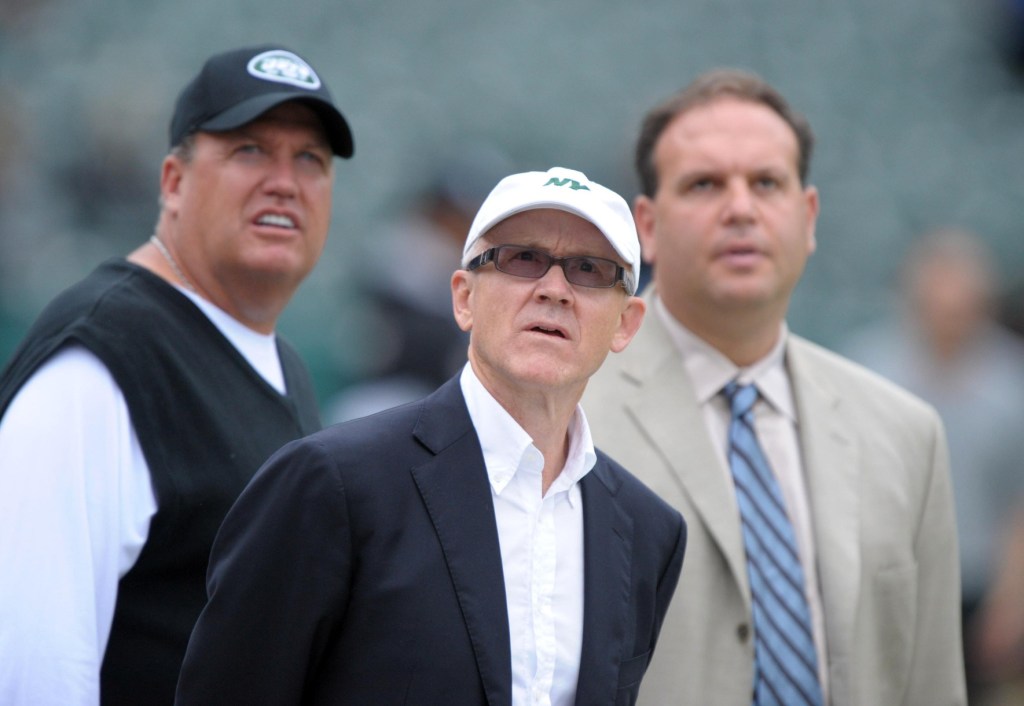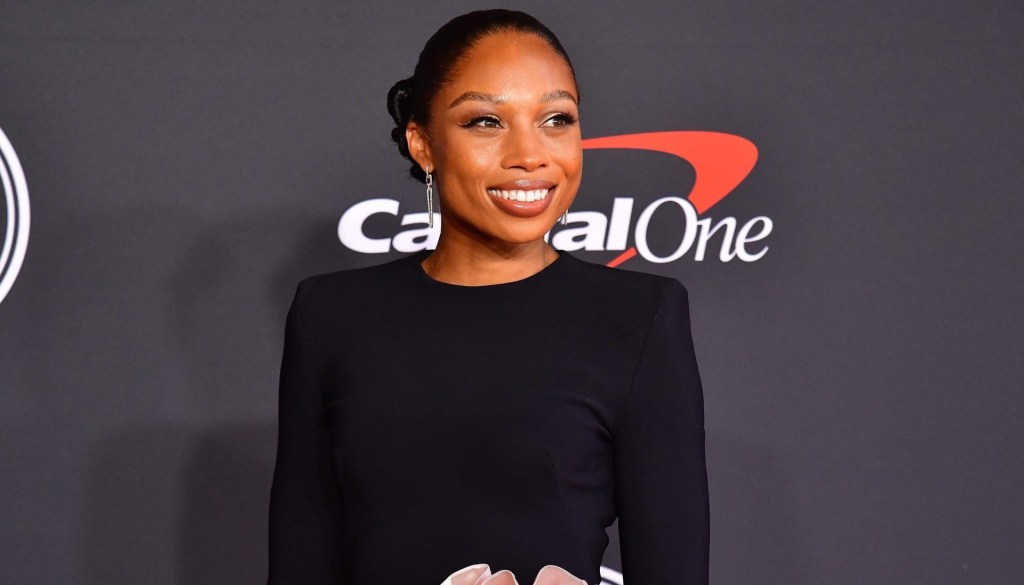By: Jay Stein, @JStein209

Front Office Sports is proud to have sat down with Will Banbury, Partner at Sports Recruitment International (SRI). Mr. Banbury is an executive search and recruitment professional with over 15 years of experience, starting his recruitment career in commercial finance, where he enjoyed a successful tenure before moving to SRI. Currently, Mr. Banbury provides a variety of recruitment and executive search services for professional sports, media and entertainment industries. Mr. Banbury was more then happy to offer up his time and insight into his journey in and throughout the sports industry, why networking and relationship building play a big part in the industry, and some general thoughts on the competitive sports landscape and what new opportunities may be on the horizon.
Elaborate on your role working with Sports Recruitment International and supporting the sports business industry?
I have been working with SRI for nearly ten years and during that time we’ve gone from a small UK based firm, to now being a truly international executive search firm with offices throughout the world.
My role involves building relationships in the sports, media and entertainment industries, delivering on senior assignments, as well as advising on organizational structure and change management programs. Recently, I have been working on extending SRI’s offering in the media and entertainment space, which is a natural extension from the work we currently do in sport.
My duties and responsibilities consist of spending time with our clients to truly get to know them and understand them on a personal and organizational level. To ensure a successful relationship with clients I prefer to take a consultative approach, working in partnership and very closely with senior management team. It is very important to understand the challenges they have as a business and if there is anything preventing them from growing or succeeding.
How did your previous positions help prepare you to get to where you are today and what was the experience like making the transition into sports recruitment?
My career started recruiting accountants and finance professionals in the commercial world, where I began to develop clients across a broad range of industries. These clients started gravitating towards the media, entertainment and sports industries and this exposure led me to a position with SRI.
The transition was really understanding the industry and gaining an insight of the commercial and corporate challenges (such as sponsorship or media rights) and how professional sports teams, agencies, broadcasters, sponsors, venues and federations operate. It is a very complex but fascinating world and the beauty of it is that it is not a chore to learn!
How important is relationship building and networking?
Networking is important, particularly in the sports industry. Even though the industry is beginning to mature and grow, it is still small enough that personal networks count for a great deal.
A number of the roles in the industry go directly through individual networks and people’s direct contacts rather than to the headhunters. Therefore it is important that your networking focuses on building long term relationships.
It’s about getting to know the skills, the expertise and the characteristics of the people you are connecting and networking with. It’s all very well to have a great number of connections on social media, but you need to focus on the quality of relationships built rather than quantity of connections.
What do you feel to be the most important quality for those looking to work in industry and are there any opportunities you see growing throughout the sports business industry?
It’s about having the right skill set. There is an increasing sophistication across all aspects of sport, media and entertainment particularly in the executive leadership space where executive level professionals are increasingly coming from different sectors. For example, if an organization is looking for a CEO, it’s the leadership, commercial and technical qualities they are looking for, rather then an understanding of a particular sport. Many organizations see the potential benefits of injecting new specialist skills and experience from outside the sports world.
What trends do you see within the international sports market?
Rights holders are implementing growth strategies with particular emphasis on entering international markets. Their need to understand different local markets and build a trusted team is significant and the demand for top level commercial and corporate professionals is outstripping supply.
The proliferation of digital platforms, especially social media, has seen sports organizations seeking to develop new commercial opportunities and revenue streams. This has lead to an increase in demand for talent with extensive digital skills and knowledge throughout all areas of the industry.
The use of external expert advisors in the appointment of elite performance staff and in sports participation roles is still in its infancy and but we are increasingly being seen at the leading edge of this development.
Issues such as match fixing and anti-doping threaten the integrity of sport. These have led to an increased need for greater transparency in governance and independent oversight within the boardroom as well as further corporate expertise, creating a demand for non-executive directors from traditional corporate environments.
Parting Wisdom?
You’ve got to persevere! Coming in as a junior person into the industry, internships are out there. Building a network and building relationships are helpful but don’t forget having a genuine skill or expertise is better.
We would like to thank Will for his insight and advice!

















